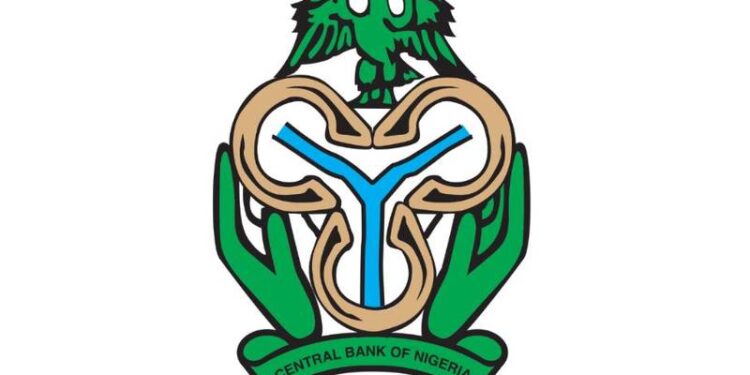Nigeria’s gross external reserves have reached $42 billion, marking their highest level since September 2019, according to new data from the Central Bank of Nigeria (CBN).
The significant increase is being attributed to a rise in hydrocarbon export revenues and a consistent inflow of foreign exchange.
Data from the Central Bank of Nigeria (CBN) shows that total inflows into external reserves hit $692.28 million in September alone.
Analysts believe this positive trend is set to continue, boosting investor confidence and strengthening the Nigerian Naira.
The rise in foreign reserves is seen as a key factor in reassuring foreign investors that repatriating funds will not be difficult.
This has encouraged the inflow of U.S. dollars into Nigeria’s financial market instruments.
Alongside this, rising oil production has positively impacted the Naira, with government hydrocarbon revenue maintaining an uptrend.
In the foreign exchange market, the local unit has shown a notable appreciation.
The Naira strengthened by 0.91% week-on-week in the official market, closing at N1,487.90 per dollar.
This marks the first time it has broken below the N1,500 band since early February 2025.
Similarly, the parallel market saw the Naira firm up by 1.05% to an average of N1,521 per U.S. dollar.
Investment banking firm TrustBanc Financial Group Limited noted that while the Naira is “testing the floor again,” the rising reserves, narrowing spreads, and stabilizing foreign confidence are aligning to support the currency.
The firm added, “It is sentiment, not just supply, that ultimately decides how long the floor holds.”
Market analysis from InvestNaija indicates that the rise in reserves will further boost the Naira’s stability.
“The naira’s rally reflects steady FX demand, and rising reserves add a small buffer for currency stability,” a report from the firm stated.
(vitalnewsngr.com)























